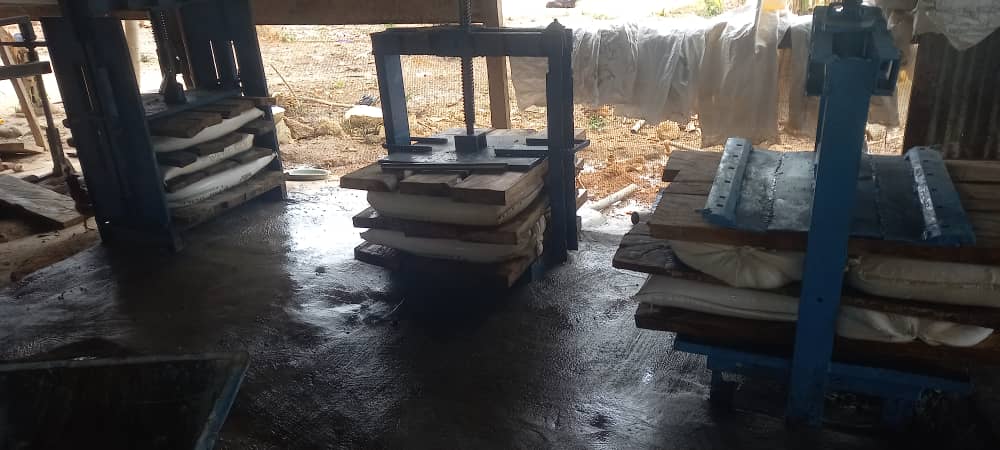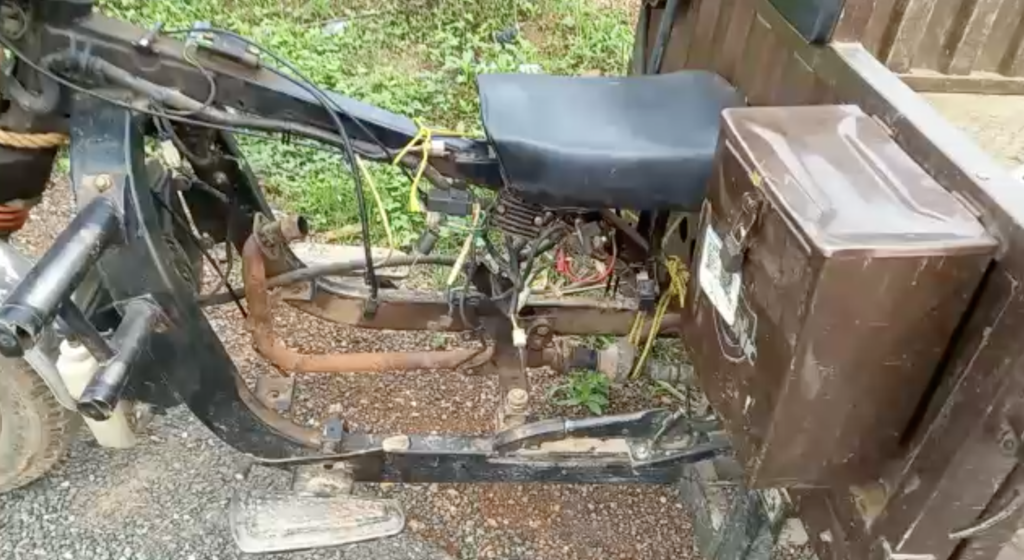A series of events…
You are undoubtedly aware of the challenges that we face here in the United State due to inflation. It is impossible not to notice that the price of gas, bread, clothes and other items have been on a steady rise over the last year and a half. In our April newsletter, we explained the impact this has on the work we are doing. Since the time that was written, the exchange rate has increased by 33%. Over the last couple of months, we have really seen how devastating this can be for a small rural village.

On the most basic level, people at the bottom of the economic chain are hurt by inflation by rising costs. Just as we see prices for our food rise, they see the same thing. Medicines, building materials, and clothes have all seen huge increases. The problem for small farmers is that their income has remained fairly steady. They are selling their cocoa, cassava, peppers, and yams for nearly the same price, but when they try and purchase goods, they find that the money they have doesn’t go as far. For people living at the edge of survival, this makes an enormous difference.
In the midst of this, mining companies that have been at work in the region have redoubled their efforts to purchase land. Farmers who have seen the value of their crops plummet have been selling their farms for the equivalent of about 2-3 years worth of income – or about $1,500. While this is a huge windfall for them in the moment, they often spend the money quickly and then are left with no means for survival.
Our mill has begun to feel the effects as well. Many of the farms that we planned on purchasing cassava from have sold to the mines. Crops that were only a couple of months from harvest have been bulldozed as the companies rush to get to the precious metals below the surface. Due to the increasing scarcity of local cassava, Edward has been forced to go further than ever before to search for the raw material that supplies our mill. This means that he and his harvesters regularly travel 2 hours or more deep into the “bush,” in order to find cassava. This has taken a toll on our tricycles and our workers. The roads are often so poor that they are forced to unload and reload a couple tons of cassava on a single trip, so that the motorcycle can pass over small bridges and flooded dirt roads. The result? Both tricycles broke down in one day! Edward has been able to fix one, but the other is left with nearly $400 in repairs needed.

Even with the renewed efforts, our mill hasn’t been able to produce as much garri lately. This means that our workers haven’t been able to earn as much. With the new piggery, we also need to keep a steady supply of cassava peels to make feed for our livestock. We currently have 6 healthy adult pigs and 4 piglets. One of our sows is set to have a new liter in a matter of a month or two. Our experiments with cassava peels is working well as long as we have enough incoming supply. Edward is also supplementing their diet with other produce grown on the farm.
This upcoming year, we are making plans to lease or purchase land from local farmers. This would allow us to be able to ensure a steady supply of cassava and also save the land from the devastation that strip mining causes. We cannot express how much your support has meant over the years to this community. Challenges like these are an opportunity to put our faith in our God who always provides.
2 Comments
-
-
Jim Reed says:
Thanks so much, Jennifer! We’ve had such an amazing team surrounding us and God NEVER fails!
-
Two Pennies Ministry is a 501(c)3 charity, EIN 83-3269475. We can be found at 1735 W Highland Ave, Elgin, IL.


All I could think that God is still sovereign and He will provide some thing that only He can. Take heart.